Terbifin | 250 mg | Tablet | 6 pcs
৳ 300.00
Brand Name: Terbifin Tablet
Generic: Terbinafine Hydrochloride
250 mg
Manufacturer: Aristopharma Ltd.
Unit Price: ৳ 50.00 (2 x 6: ৳ 600.00)
Indications
Terbinafine cream is indicated for the treatment of the following dermatological infections: interdigital tinea pedis (Athlete’s foot), tinea cruris (jock itch) or tinea corporis (ring worm) due to susceptible organisms and planter tinea pedis (mocasin type) due to Trichophyton spp.
Terbinafine tablet is indicated for the treatment of onychomycosis of the toe nail or finger nail due to dermatophytes and also by non-dermatophyte fungi.
Therapeutic Class
Pharmacology
Dosage & Administration
Topical application:
Terbinafine cream to affected areas once or twice daily for 1-2 weeks may be adequate for fungal infections of the skin but certain infections may require oral Terbinafine tablet therapy.
Usual duration of treatment of Terbinafine cream:
- In Tinea corporis and Tinea cruris: 1-2 weeks.
- In Tinea pedis: 2-4 weeks (One week of treatment will normally suffice if the cream is applied twice daily.).
- In Cutaneous candidiasis: 1-2 weeks
- In Pityriasis (tinea) versicolor: 2 weeks.
To prevent relapses in fungal infection, treatment should be continued for a adequate length of time. To apply Terbinafine cream clean and dry the affected areas thoroughly and apply the cream once or twice a day to the affected skin and surrounding area in a thin layer and rub in lightly. In the case of intertriginous infections the application may be covered with a gauze strip, especially at night.
Oral administration:Terbinafine tablet is essential for hair or nail infections:
- The usual oral dose: Terbinafine 250 mg daily for 2 to 12 weeks depending upon the infection.
- Finger nail onychomycosis: Terbinafine 250 mg once daily for 6 weeks.
- Toe nail onychomycosis: Terbinafine 250 mg once daily for 12 weeks.
Interaction
Contraindications
preparation
Side Effects
Terbinafine Tablet: Abdominal discomfort, anorexia, nausea, diarrhoea, headache, rash and urticaria occasionally with arthralgia or myalgia. Less frequently taste disturbance. Rarely liver toxicity, photosensitivity, serious skin reactions etc.
Terbinafine Cream: Redness, itching, or stinging; rarely allergic reactions.
Pregnancy & Lactation
Terbinafine tablet: There are no adequate and well controlled studies in pregnant women. Because animal reproduction studies are not always predictive of human response, and because treatment of onychomycosis can be postponed until after pregnancy is completed, it is recommended that terbinafine not be initiated during pregnancy. After oral administration, terbinafine is present in breast milk of nursing mothers. Treatment with terbinafine in not recommended in nursing mothers.
Terbinafine cream: Foetal toxicity and fertility studies in animals suggest no adverse effects. There is no clinical experience with terbinafine in pregnant women; therefore, unless the potential benefits outweigh any potential risk, terbinafine should not be administered. Terbinafine is excreted in breast milk and therefore mothers should not receive terbinafine treatment whilst breast-feeding.
Precautions & Warnings
Terbifine cream is for external use only. Contact with eyes should be avoided.Good general hygiene is necessary in conjunction with the use of Terbinafine in order to prevent reinfection (eg. from underwear, socks,shoes etc).
Terbinafine tablet is not recommended for patients with chronic or active liver disease. Before prescribing terbinafine, pre-existing liver disease should be assessed. Hepatotoxicity may occur in patients with and without pre-existing liver disease. Pretreatment serum transaminase (ALT and AST) tests are advised for all patients before taking terbinafine tablets.
Use in Special Populations
Use in Children: Terbinafine cream appears to be an effective and well-tolerated treatmenr of tinea corposis and tinea cruris in children.
Use in Elderly: Terbinafine appears to be safe in the elderly. The dose should be reduced by half if significant hepatic or renal impairment is present.
Overdose Effects
Storage Conditions
| Generic Name | Terbinafine Hydrochloride |
|---|---|
| Size | 250 mg |
Only logged in customers who have purchased this product may leave a review.


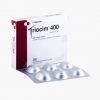

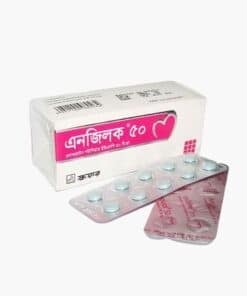
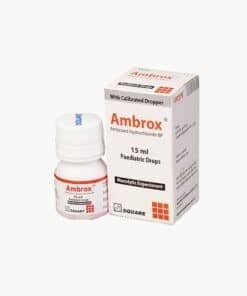
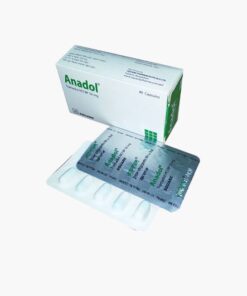
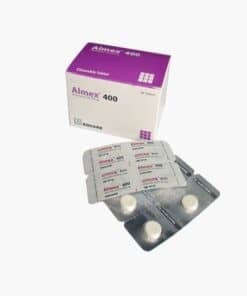

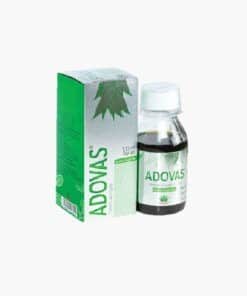
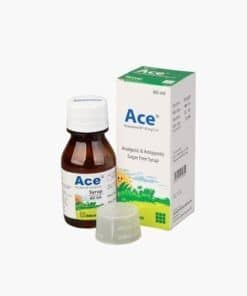
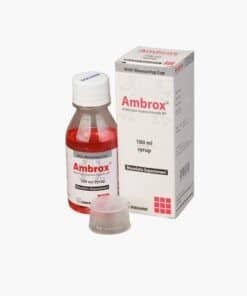
Reviews
There are no reviews yet.